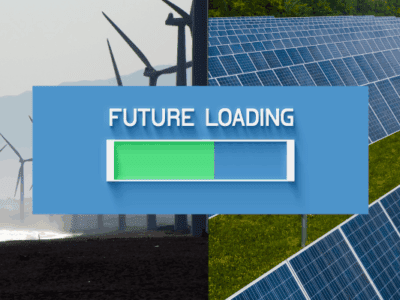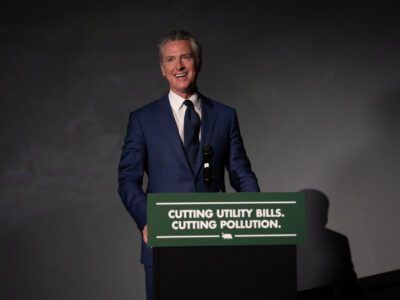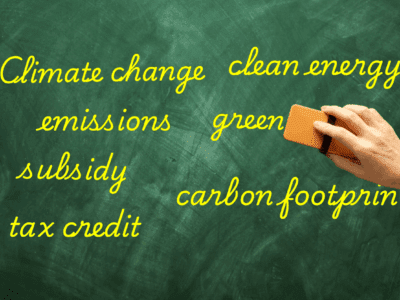More About the Distributional Impacts of a Carbon Tax
I’ve posted before about the equity effects of pricing carbon. A new paper from Brookings provides further evidence on the subject. The main conclusions are that a carbon tax is indeed regressive, but the problem could be fixed by spending about 10% of the proceeds on social welfare programs.
The authors find that the direct incidence of the tax is regressive in terms of low-income households; the indirect incidence is also regressive but less so. The level of regressivity is less measured against households with low consumption primary because consumption levels vary less than income levels — some households with low current incomes (especially the elderly) may be drawing down savings, borrowing, or using other assets to finance consumption.
Using cuts in other taxes won’t work to counter the regressive effects of the carbon tax. But “if policymakers direct about 11 percent of the tax towards the poorest two deciles, for example through greater spending on social safety net programs than would otherwise occur,then those households would on average be no worse off after the carbon tax than they were before.”
The issues aren’t much different if carbon is priced though the use of emissions trading. Anything that limits carbon pushes up the price of energy, other things being equal, so even if the regulations don’t explicitly price carbon can have regressive effects. One advantage of a carbon tax or auctioning allowances is that they generate funds that can be used to offset the regressive effect, unlike approaches that only price carbon indirectly.
Reader Comments
2 Replies to “More About the Distributional Impacts of a Carbon Tax”
Comments are closed.







We could cease taxation on labor and work to offset as well.
We could cease taxation on labor and work to offset as well.